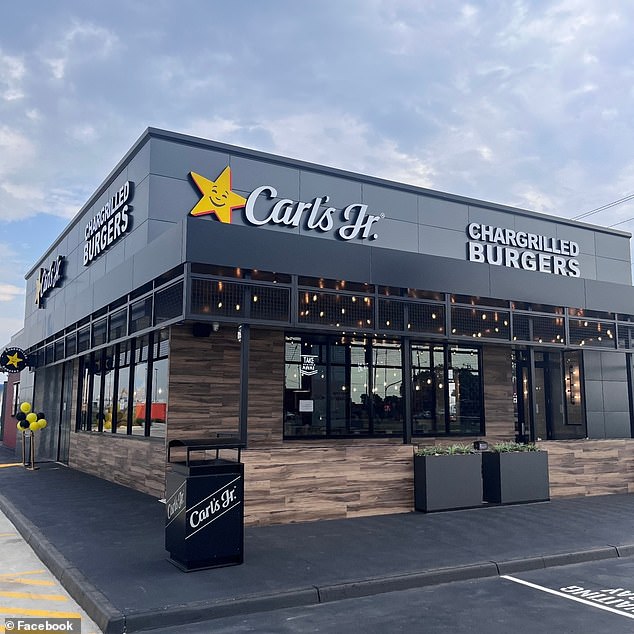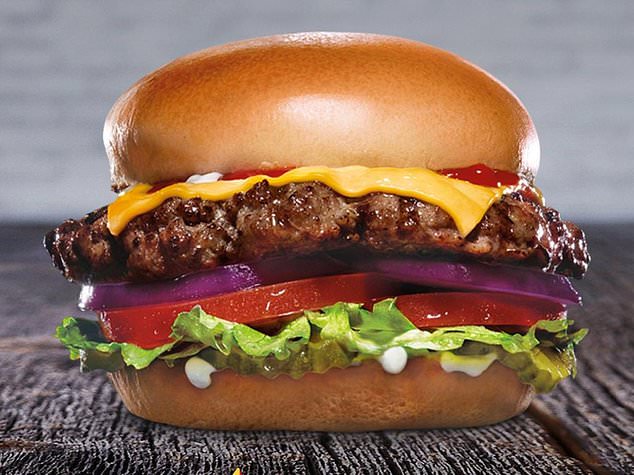US burger chain Carl’s Jr collapses in Australia, shutting down dozens of stores
Popular American hamburger chain Carl’s Jr. has placed its Australian branches into voluntary bankruptcy, affecting 24 branches.
Many stores across the country remained closed on Monday after KPMG announced David Hardy, George Georges and Emily Seeckts as receivers.
Hundreds of jobs are expected to be affected across the Australian franchise, which is mainly located in regional areas of New South Wales, Queensland and Victoria.
The CJ’s Group independently owns and operates 24 restaurants, while being a master licensee for the remaining 25 locations, which are owned and operated by third-party sublicensees.
In a statement, KPMG Australia partner in restructuring services David Hardy said the initial focus will be on “stabilising” the group’s operations.
“We will immediately proceed with the sale of the existing store network and operations,” he said.
‘We work with all stakeholders, including employees, suppliers and landlords, to maximize the outcome for all parties.’
Interested parties are expected to be contacted within days, with a meeting with creditors scheduled for August 7.
Many Australian burger fans mourn the closure of dozens of Carl’s Jr stores Down Under

Carl’s Jr stores in Australia have closed their doors, while four remain open for now
Only four CJ’s Group stores are expected to remain open, while 20 will close immediately.
The appointment of administrators does not apply to the 25 restaurants that are independently owned and operated by third-party sublicensees.
These restaurants will be transitioned to a direct licensing relationship with CKE Restaurants Holdings, Inc. (CKE) and minimal changes will occur.
The management of the Australian stores will not affect the stores overseas.

The beloved hamburger chain went bankrupt on Monday
The global group operates in more than 30 countries.
Carl’s Jr. had bold plans to enter the Australian market, announcing that it plans to open 300 restaurants in Australia from 2016.
The first store opened on the NSW Central Coast in Bateau Bay.
But after positioning itself as a high-end burger and fast food restaurant with higher prices than its competitors, it failed to predict that spending on takeout would decline due to the rising cost of living.
